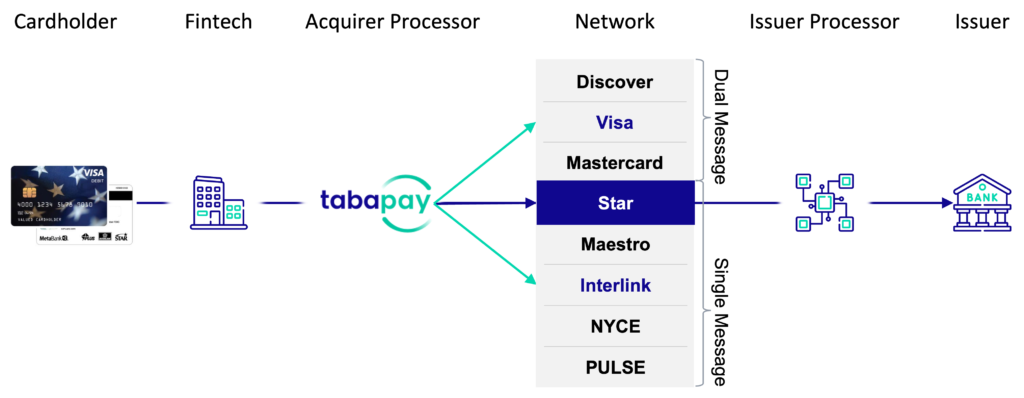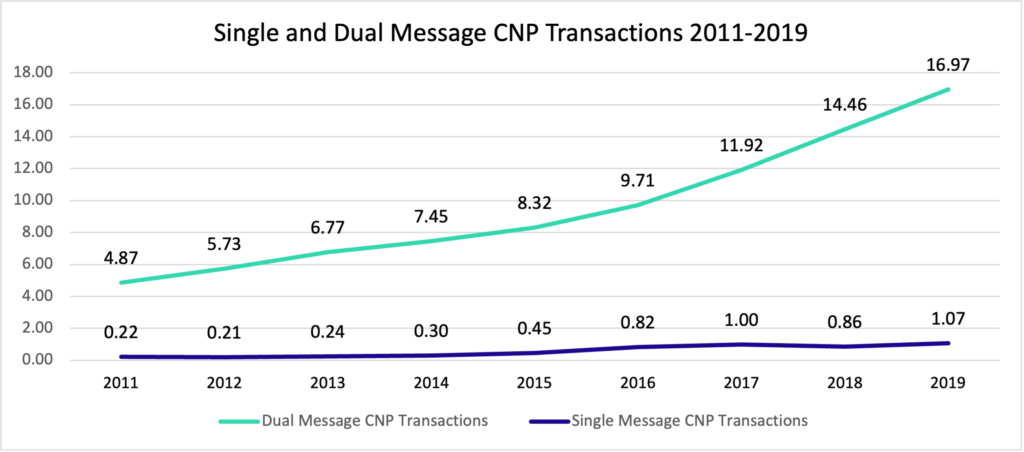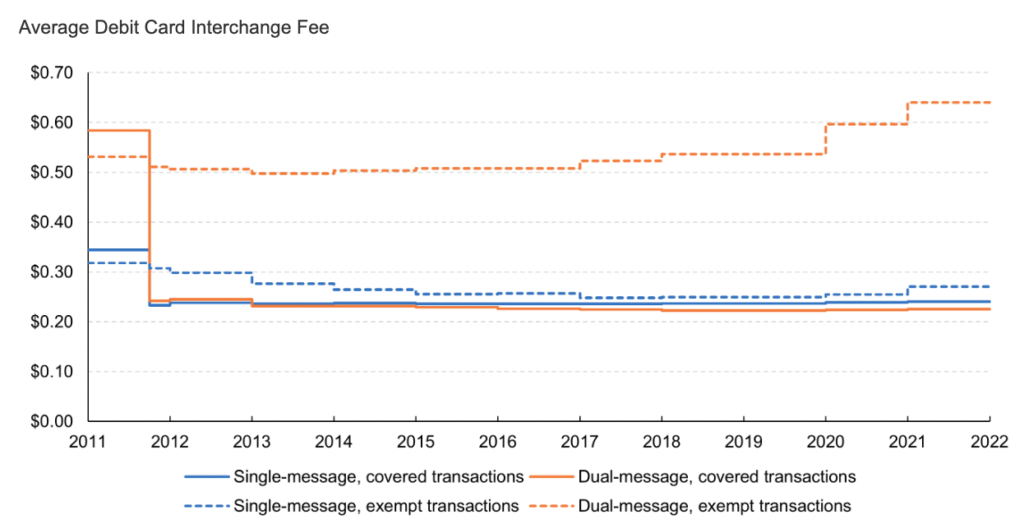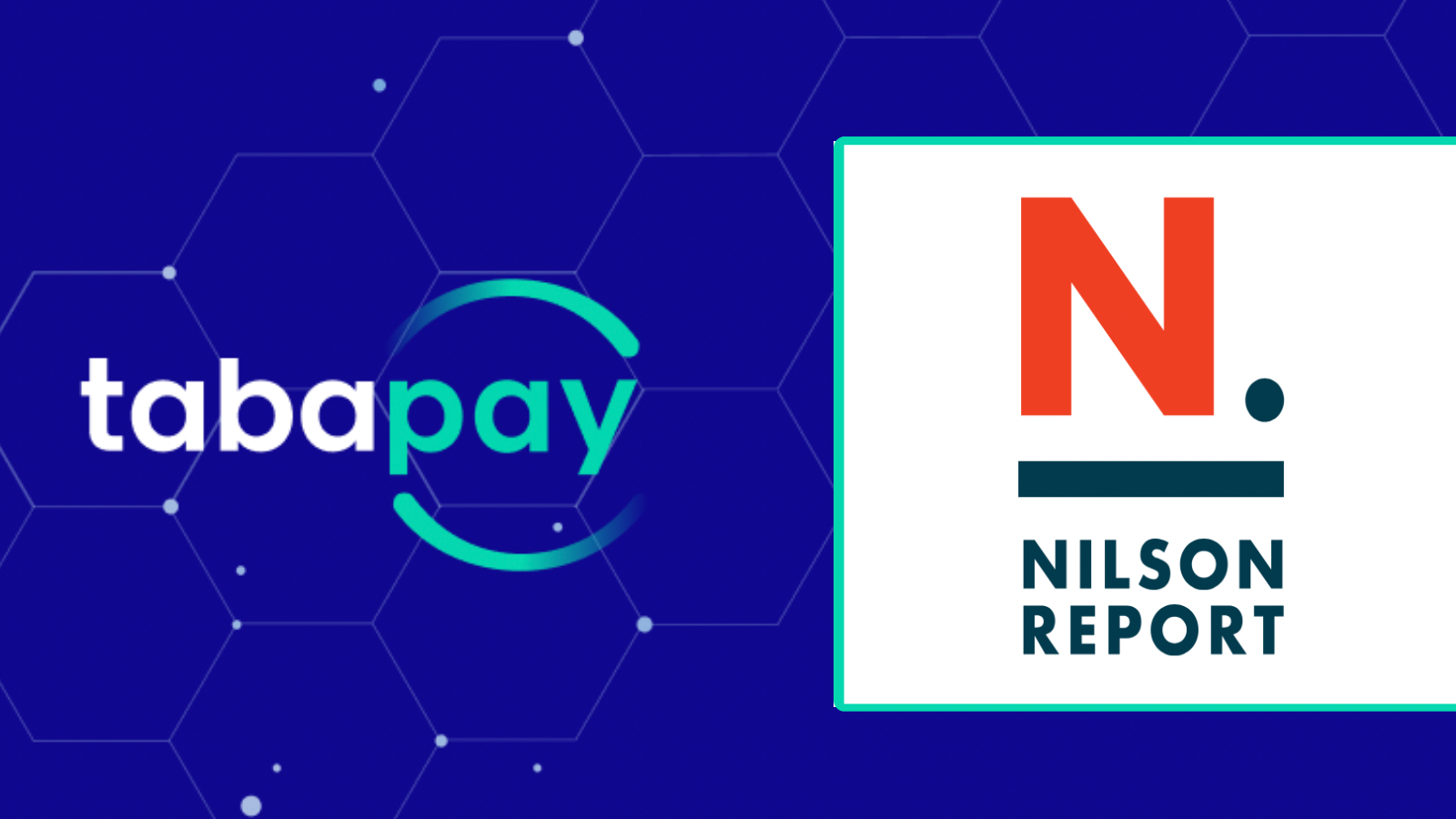Watch our webinar on this topic
The recent clarification of the Durbin Amendment promises positive change with more routing options for the fintech industry. Fintechs can realize tens of thousands of dollars in interchange savings.
A regulatory change to the Durbin Amendment or Regulation II concerning card-not-present (CNP) transactions will go into effect on July 1, 2023. Introduced with the Dodd-Frank legislation that reformed the banking system after the 2008 financial crisis, the goal was to reduce merchants’ fees to accept debit transactions and introduce routing choice. These moves drastically changed the issuing and acceptance of debit in the United States, leading to increased competition and innovation but routing for CNP transactions was limited.
Regardless if you are a fintech firm, bank, or other part of the ecosystem regulatory change often has lasting ramifications. So if you only know that Dick Durbin is a Senator from Illinois to somewhat of a debit expert, keep reading as we cover:
- Quick refresher on the Durbin Amendment
- How the Durbin Amendment fell short and why
- Change, change, changes now in effect
- How the fintech industry can benefit
- Ways to reroute and stay ahead regulatory changes
But first… A quick refresher: The Durbin Amendment
Without getting too deep, the regulation introduced a cap on interchange paid by merchants to issuers with more than $10 billion in assets. Fees for “covered issuers” were capped at 22¢ plus 0.05% of a transaction, reducing interchange fees for over 60% of debit transactions. The other 40% of transactions on debit cards issued by smaller institutions are referred to as “exempt” and the difference in interchange is why fintech startups use banks with under $10 billion in assets to issue their cards

In addition to the cost reduction, Durbin introduced merchant routing choice. Card issuers now must provide at least two unaffiliated networks so merchants can direct a transaction over any network that the issuer has enabled. Debit cards have a “dual-message” or front-of-card brand (Visa, MasterCard, or Discover) and “single message” or back-of-card networks (Accel, NYCE, PULSE, and others). According to the most recent Fed report, the difference in cost is 74 basis points with dual message transactions averaging 1.42% of transaction value vs 0.68% for single message networks
Generally speaking, merchants believe the interchange cap should be more in line with the rest of the world and include credit as well. Large banks were frustrated with the small issuer exemption and how it created new fintech models. Exempt banks were frustrated by the growth of transactions without PINs and lower revenues due to competition.
How regulation fell short and why the change?
When the Durbin Amendment took effect in 2011, all CNP transactions (made online or by phone) were processed through dual-message networks since single-message transactions required a PIN. Additionally, e-commerce transactions in 2011 only comprised 5% of retail sales. Today, single-message networks offer PINless transactions along with dual message capabilities, and e-commerce transactions have exploded in growth, reaching $1.8 trillion, accounting for 15% of all sales.
With technology innovations and 3x more online transactions than in 2011, one would assume that single-message transactions would have a corresponding growth curve, but that wasn’t the case. In 2011, there were 5 billion CNP transactions and 4% went to single-message networks, 2019 there were 18 billion CNP transactions but only 6% were routed (most recent Fed data is 2019).

There are several reasons for this discord starting with issuers disabling CNP with single-message networks, choosing single-message networks that weren’t enabled for CNP (Interlink and Maestro) for their unaffiliated network, and blocking bins. Many merchants aren’t aware of debit routing so it is generally limited to larger merchants and acquirers who enable it to either reduce costs for their clients or charge a flat rate and pocket the difference.
The July 1, 2023 change
The clarification for Regulation II seeks to address this issue with CNP routing. “Under the final rule, an issuer must configure each of its debit cards so that card-not-present transactions performed with those cards can be processed on at least two unaffiliated networks.” The Fed provided 9 months for issuers to enable routing for all transactions and progress is being made. Another interesting development is Maestro and Interlink will enable PINless transactions, giving merchants and acquirers another choice in routing transactions if the front-of-card brand is unaffilated.
All of these developments are good news for fintechs whose purchase transactions are exclusively CNP and could result in significant savings. CMSPI estimated if all 2020 CNP debit transactions had been routed via back-of-card networks, merchants could have saved upwards of $3.1 billion.
How the fintech industry benefits from the change
With routing choice now enabled for all CNP transactions, the biggest opportunity will be purchases or pulls with cards issued by exempt issuers (assets of under $10 billion). Clients with debt repayment and account funding transactions and/or have portfolios with business and prepaid debit cards stand to benefit the most from this shift. Things can change, but we anticipate a more modest impact for covered issuer card transactions and disbursements or payouts.
As mentioned earlier, the 74 basis point spread can add up, so for a $40 purchase, the interchange cost (not including network and acquirer fees) would be $0.64 for a Visa dual message transaction but only $0.19, if the issuer enabled Star. The timing is fortuitous, since average interchange fees for dual message, exempt transactions have gone up $0.17 compared to single-message transactions over the past decade.

Fintechs averaging 10k transactions a month could see over $40k in annualized savings in interchange using averaged data on transactions from the Fed.
How TabaPay can help
TabaPay is a recognized leader in transactions for the fintech industry, ranking sixth in CNP acquiring and is in the top 20 processors of PIN-less dollar volume, according to the 2023 Nilson Report. We have the experience and knowledge to maximize this change for clients and are always working with clients to maximize performance and slash costs. TabaPay is also the first acquirer certified for Maestro single-message PINless transactions. So if an issuer enabled Maestro on the back of their card and with Visa, Discover or AMEX on the front, we can route to Maestro.
With direct connections to 15 networks, TabaPay is uniquely positioned to leverage this change to CNP debit without a middleman and help you execute a strategy beyond cards. TabaPay has direct connections to RTP and ACH today and FedNow and Visa+ in the future, so we can provide multiple ways to pay and get paid at scale.
If you are interested in learning more about the benefits of debit routing, please contact us.






